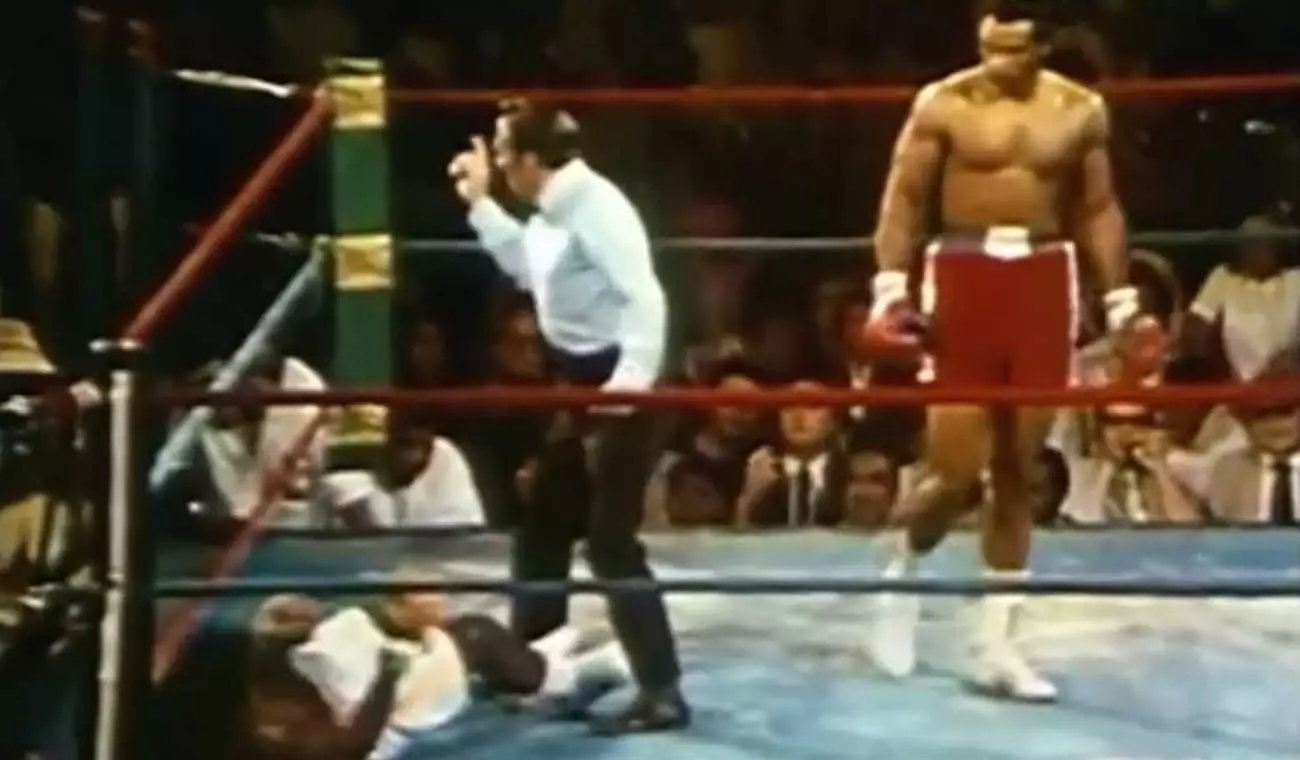George Foreman, the legendary boxer whose life spanned 76 remarkable years, has left an indelible mark on the world of boxing. His journey from a troubled youth to an Olympic gold medalist and two-time heavyweight champion serves as an inspiring narrative of resilience, determination, and redemption. Foreman’s passing has evoked an outpouring of grief and reminiscences from fans and fellow athletes, all touched by the profound impact he had inside and outside the ring.
Foreman was not just any champion; he was a fighter whose very presence commanded respect. Known for his devastating punching power and intimidating size, he shook the boxing world with his ferocity. His infamous bout against Joe Frazier in Kingston, Jamaica, epitomized this. On January 22, 1973, the young Foreman faced Frazier, a fighter many considered to be unbeatable. To witness Foreman obliterate Frazier, dropping him six times, was to witness a singular event in sports history. The world tuned in, held captive by the mesmerizing calling of Howard Cosell, who famously echoed “Down goes Frazier!” as the fight unfolded in spectacular fashion.
A turbulent retirement
However, Foreman’s career was not devoid of its challenges. His abrupt retirement after a devastating loss to Jimmy Young in 1977 showcased the inner conflicts he struggled with. In a career marked by early triumphs, the 28-year-old chose to step away from the sport, burdened by confusion and the desire to extend his bouts. Foreman’s reasoning for prolonging that fight with Young was a misguided strategy to avoid early knockouts, a tactic that ultimately backfired. The ten-year hiatus that followed saw him drift away from the discipline that had once defined him, gaining weight and losing the athletic physique that had made him a formidable opponent.
It is often argued that Foreman’s early retirement was a grave mistake, one that prevented him from solidifying an already laudable legacy. The potential for more victories and legendary rivalries was sacrificed for a decade-long absence, during which the boxing landscape shifted. Yet, perhaps this period of reflection was necessary. Instead of fading from public life entirely, Foreman emerged in the late 1980s, heavier and years older but with a renewed fervor for the sport that had shaped his life.
The remarkable return
In 1994, at the age of 45, Foreman achieved what many deemed impossible: he became a two-time heavyweight champion. His stunning victory over Michael Moorer reinstated him as a ring titan. The tenth-round knockout was not just a testament to his physical prowess, but a defining moment showcasing his incredible willpower and determination. His comeback shocked the sports world, reigniting interest in boxing and allowing fans to witness a remarkable redemption arc. Foreman’s triumph resonated far beyond the boxing community, illustrating the belief that it is never too late to chase one’s dreams.
There are countless stories of athletes who have made comebacks, but few embody the spirit of perseverance quite like Foreman. Equally significant is how he utilized his notoriety post-retirement, opting to pursue ventures beyond the boxing ring. Foreman became a beloved figure and entrepreneur, most famously through his grill endorsement that saw his earnings soar into the stratosphere, demonstrating that champions can thrive in various arenas.
A humanitarian heart
More than a boxer, Foreman was a charming personality who embraced life with positivity. Those who knew him often recount his wit and humor, along with a generosity of spirit. Foreman’s philanthropic efforts and mentorship within and beyond the sport have cemented his status not just as a legend in boxing but also as a role model for many who navigate the difficulties of life. His death leaves a void not only in the ring but also in the hearts of those impacted by his kindness and sincerity.
Indeed, Foreman’s existence was marked not just by punches thrown and accolades earned, but also by human connections forged through shared experiences and mutual respect. The emotional tributes that pour in from colleagues and fans highlight the lasting legacy of a man who was a champion in every sense of the word. His life, although concluded, remains a powerful testament to the unwavering human spirit.

